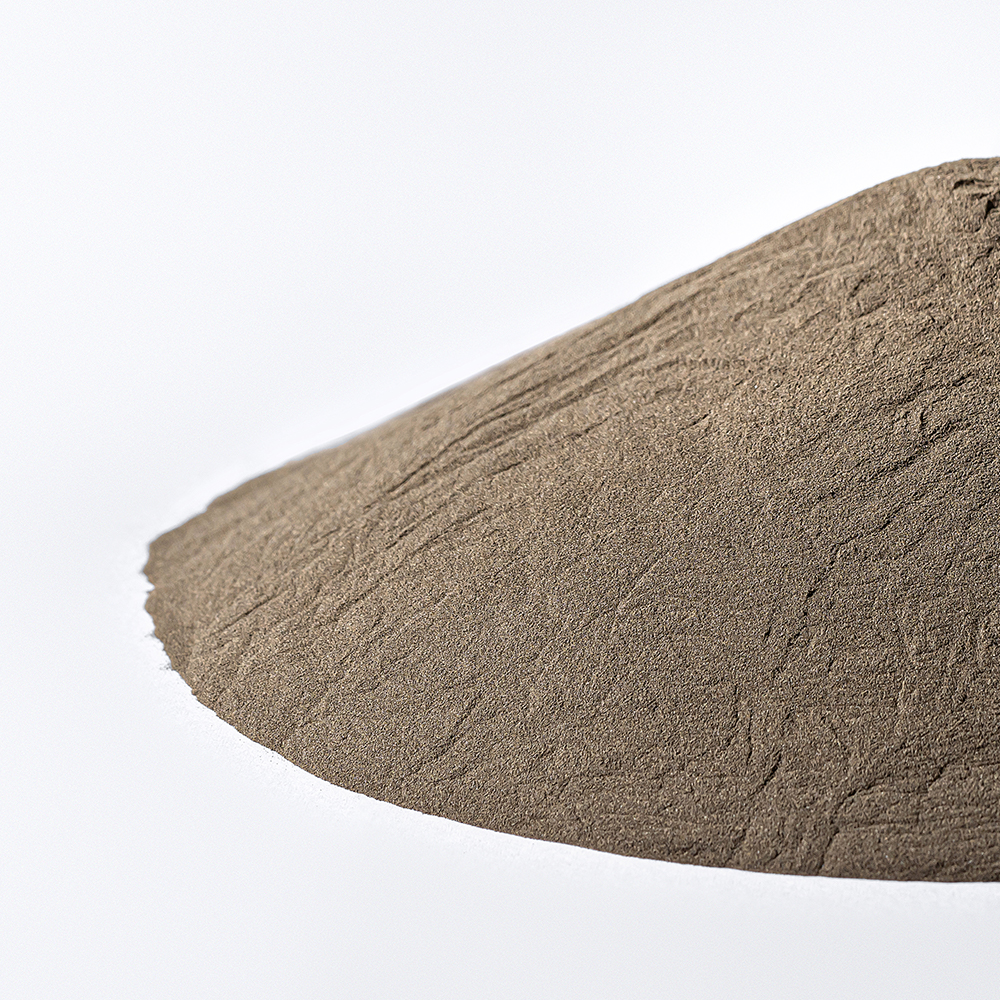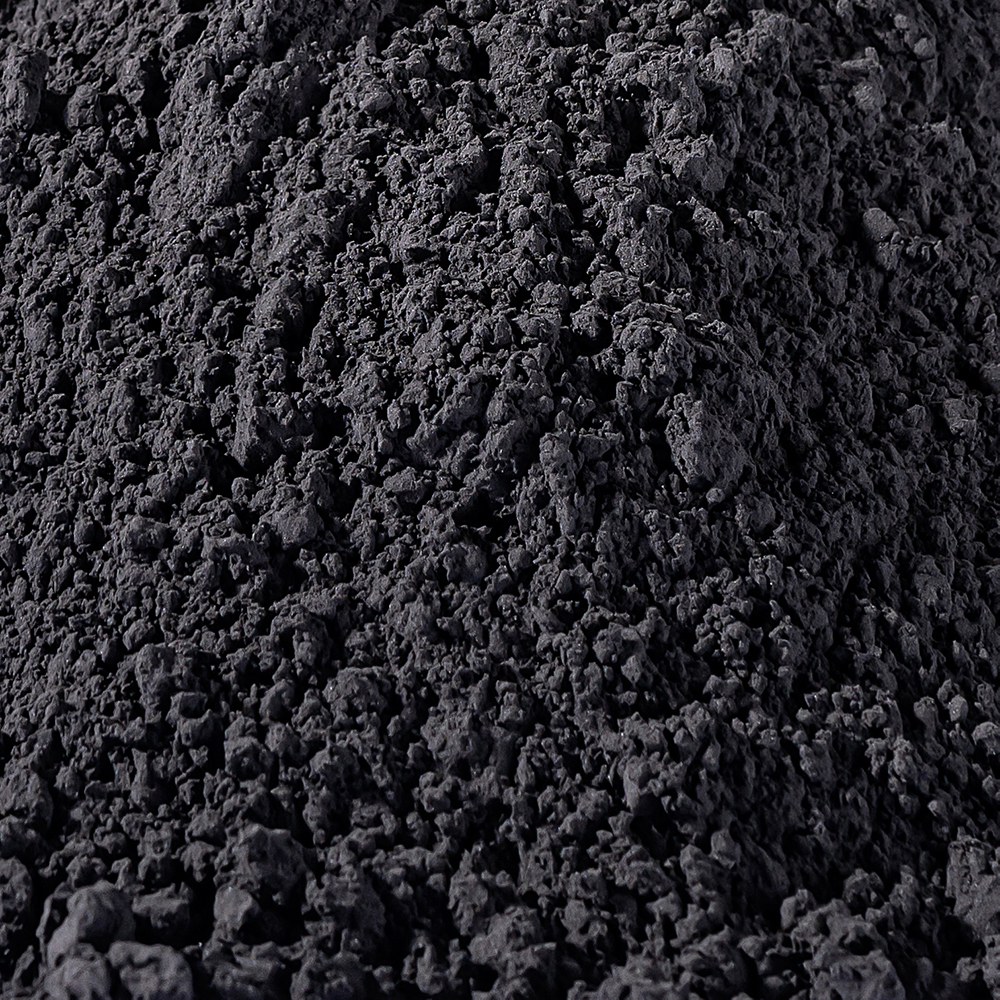
About the Cost-Effectiveness of Metal Materials in Construction
Introduction to Jinchun and Metal Materials in Construction
Jinchun, a leading manufacturer of metal powders, plays a pivotal role in providing high-quality metal materials that are integral to modern construction projects. The construction industry increasingly relies on metal materials for their strength, durability, and versatility. In this article, we explore the cost-effectiveness of metal materials in construction, highlighting how they offer both short-term savings and long-term value in building and infrastructure projects.
The Economic Benefits of Metal Materials
Initial Cost Versus Long-Term Savings
While the initial cost of metal materials can be higher compared to other construction materials like wood or concrete, their long-term savings make them a cost-effective choice. Metal materials such as steel and aluminum are known for their longevity, requiring less frequent replacement or maintenance. This durability translates into lower life cycle costs, making metal a wise investment for construction projects that aim for long-term performance and reduced maintenance expenses.
Reduced Maintenance Costs
Metal materials, particularly those produced by Jinchun, are engineered to withstand harsh environmental conditions, including extreme temperatures, moisture, and corrosive elements. This resilience reduces the need for regular maintenance, repairs, and replacements, further enhancing their cost-effectiveness. For example, galvanized steel, which is coated with a layer of zinc, offers superior corrosion resistance, minimizing the maintenance required for structures exposed to the elements.
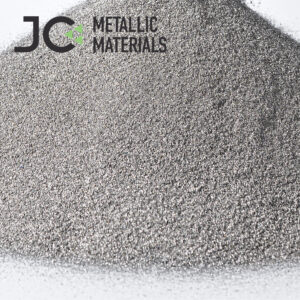

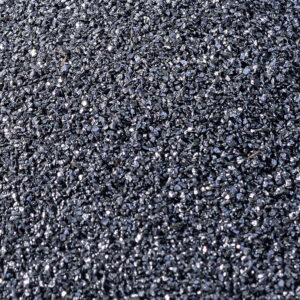
Efficiency and Versatility in Construction
Speed of Construction
One of the key factors contributing to the cost-effectiveness of metal materials in construction is the speed at which they can be used. Prefabricated metal components, such as steel beams and frames, can be manufactured to precise specifications and assembled quickly on-site. This efficiency reduces construction time, labor costs, and project delays, all of which contribute to overall savings.
Flexibility and Adaptability
Metal materials are highly adaptable, offering flexibility in design and construction that can accommodate a wide range of architectural styles and requirements. This adaptability reduces the need for specialized materials and techniques, allowing for more streamlined and cost-effective construction processes. Additionally, metal materials can be easily modified or expanded upon, providing long-term value by accommodating future changes or additions to a structure.
Sustainability and Environmental Considerations
Recyclability and Reusability
Metal materials are highly recyclable, making them an environmentally friendly choice in construction. Metals such as steel and aluminum can be recycled multiple times without losing their properties, reducing the demand for new raw materials and lowering environmental impact. The ability to recycle metal materials also contributes to their cost-effectiveness, as it reduces the cost of raw materials and supports sustainable construction practices.
Energy Efficiency
Metal materials contribute to energy efficiency in buildings, particularly when used in roofing and insulation systems. For example, metal roofing reflects solar heat, reducing cooling costs during hot weather. Similarly, metal insulation panels provide excellent thermal performance, reducing the need for additional heating and cooling. These energy-saving properties result in lower utility costs over the lifespan of the building, further enhancing the cost-effectiveness of metal materials.
Longevity and Durability
Resistance to Environmental Stressors
Metal materials, especially those produced with advanced manufacturing techniques by Jinchun, are designed to resist environmental stressors such as wind, fire, and seismic activity. This inherent strength and durability ensure that metal structures remain intact and functional over many decades, reducing the need for costly repairs or replacements. The longevity of metal materials contributes to their overall cost-effectiveness, as they provide a reliable and long-lasting solution for construction projects.
Long-Term Structural Integrity
The structural integrity of metal materials is another factor that contributes to their cost-effectiveness. Metals like steel offer exceptional load-bearing capacity, making them ideal for large-scale construction projects such as bridges, skyscrapers, and industrial facilities. The ability of metal to maintain its strength and stability over time ensures that structures remain safe and secure, minimizing the risk of structural failures and associated costs.
Applications of Metal Materials in Cost-Effective Construction
Commercial and Industrial Buildings
Metal materials are extensively used in the construction of commercial and industrial buildings due to their strength, durability, and cost-effectiveness. Steel frames and beams are commonly used in the construction of warehouses, factories, and office buildings, where they provide a strong foundation and support for large, open spaces. The use of metal in these structures reduces construction time and costs while ensuring long-term durability.
Residential Construction
In residential construction, metal materials are becoming increasingly popular for roofing, framing, and exterior cladding. Metal roofs, for example, offer superior longevity and energy efficiency compared to traditional roofing materials. The use of metal framing in residential buildings provides additional strength and stability, reducing the risk of structural damage and lowering long-term maintenance costs.
Conclusion
Metal materials, provided by Jinchun, offer a highly cost-effective solution for construction projects across various sectors. Their durability, efficiency, and adaptability, combined with their environmental benefits, make them an ideal choice for modern construction. By investing in metal materials, construction projects can achieve significant long-term savings, reduced maintenance costs, and enhanced structural integrity, making metal a smart and sustainable choice for the future of construction.

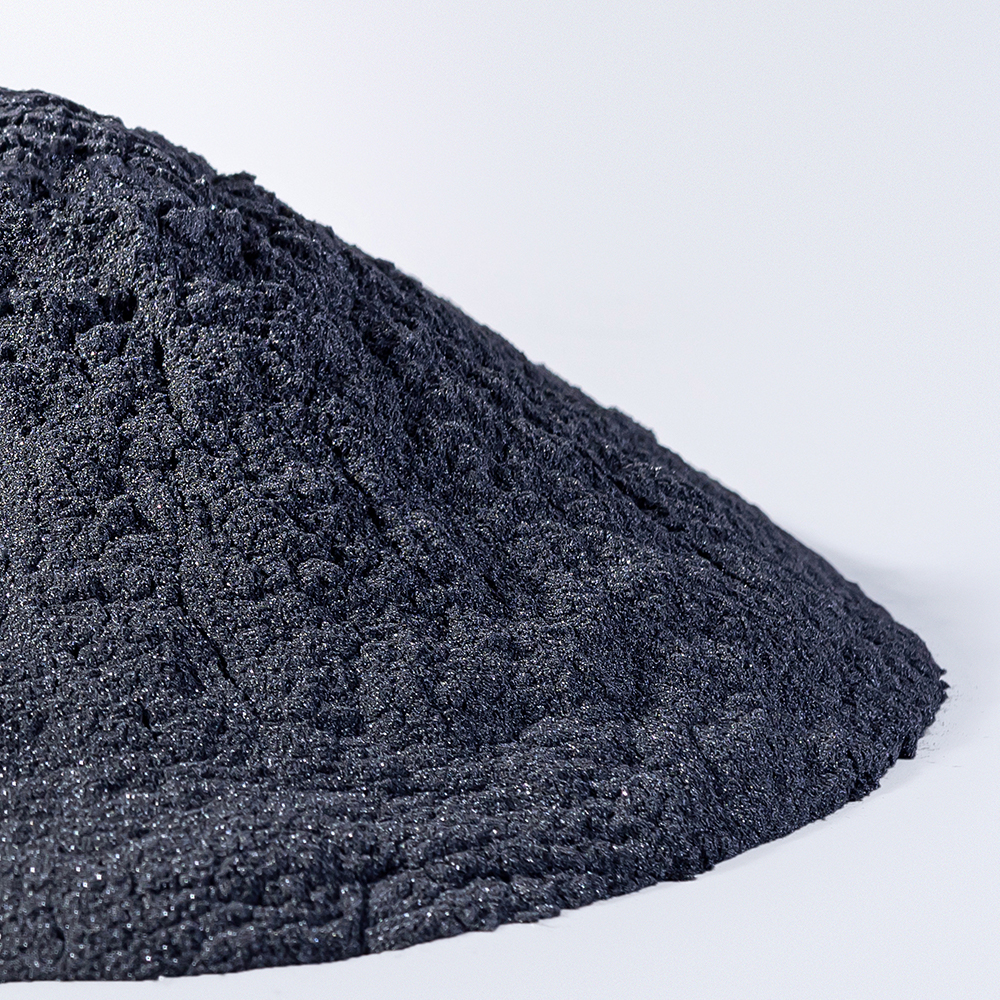
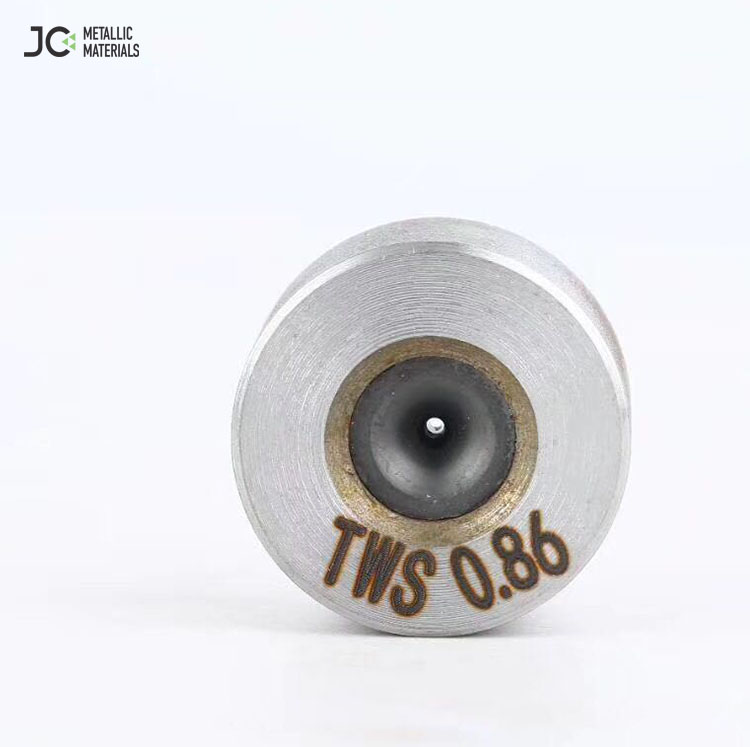
_6258副本-2.jpg)
